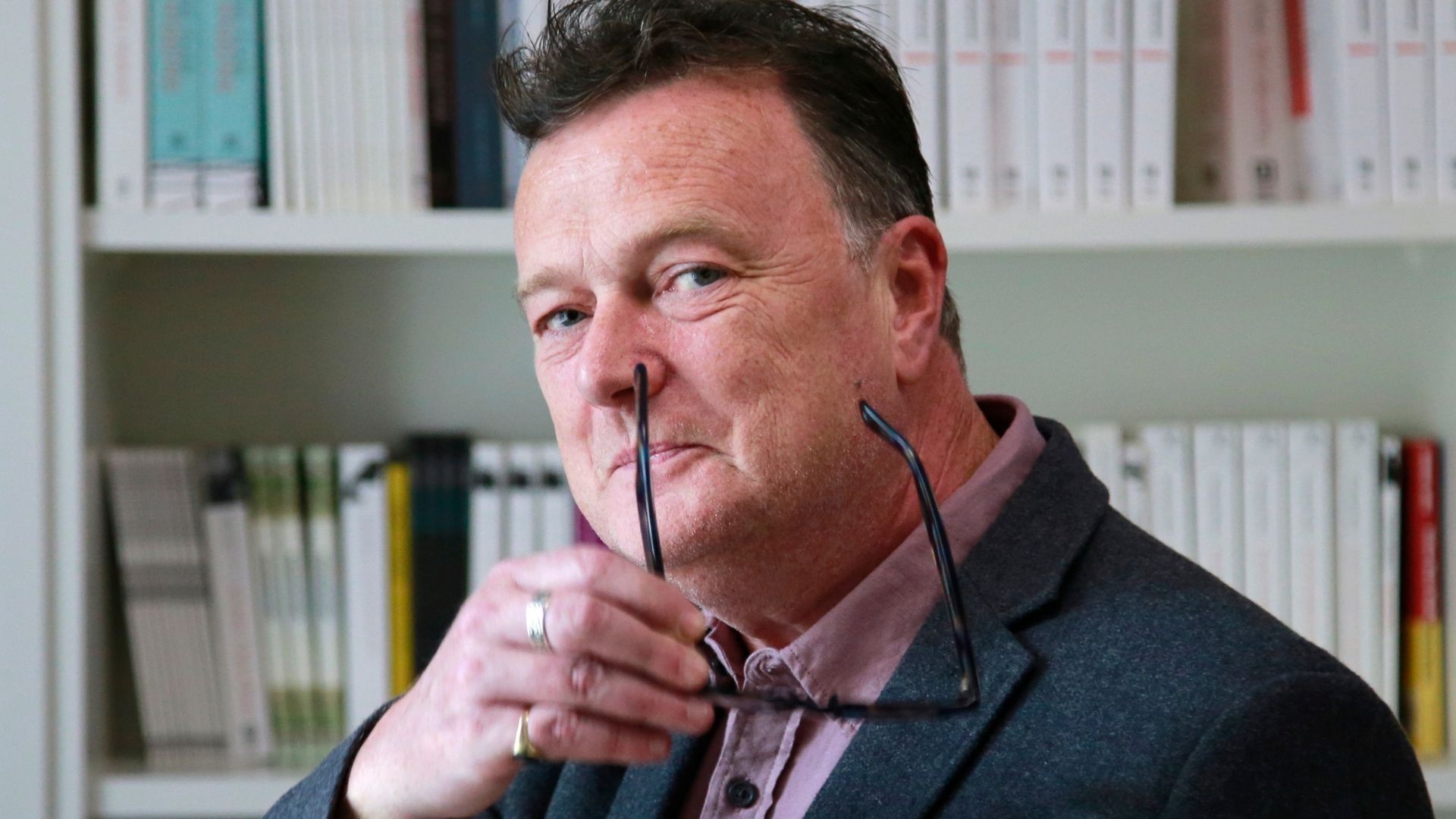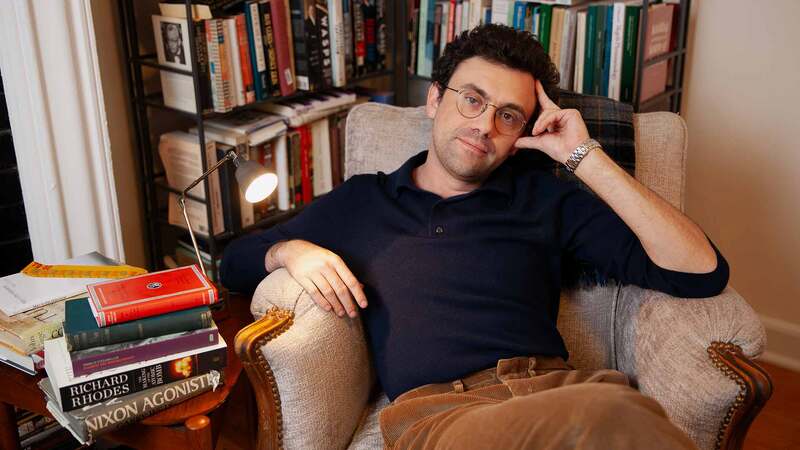You are viewing your 1 free article this month. Login to read more articles.
International Booker Prize chair calls for more generous rewards for translators
The chair of judges for this year’s International Booker Prize has called on publishers to reward translators more generously for the part they play in creating books, including offering them royalties on book sales.
Frank Wynne, the first translator to chair the International Booker jury, made the comments on Radio 4’s “Front Row” on 15th March. He explained that the lack of diversity in translation can in large part be explained by the precariousness of the work. Like many careers within the arts, it is likely to predominantly be freelance and therefore unpredictable.
He said promoting best practice within the publishing community, by paying fair rates and ensuring that translators, like authors, share in the rewards when their books are successful, will make a career in translation more accessible and financially practical to those who might not otherwise consider it.
Royalties form a part of standard translation contracts in the Netherlands, Germany, France and Spain, but are less commonly offered in the UK. The European Council for Literary Translators Associations recommends that translators share in any profits from the sale of the books they have translated, but is the publisher’s responsibility to strive to include royalties for translators when negotiating underlying rights.
He said: "Although few works in translation will ever earn royalties, it is only fair that translators benefit from bestsellers and prize-winners that they have helped to create. While most independent publishers offer fair royalties, many of the larger publishers do not, or do so only to a small number of translators."
The Translators Association in the UK and the American Literary Translators Association in the US set minimum rates. Many publishers, including the vast majority of independents, already pay in line with these rates, but there are still some who pay less.
Translation, like other creative work, also deserves legal protection, Wynne said. Granting copyright to the translator does not guarantee the right to receive an income from his or her work, especially from film adaptations and other derivative works, but it underscores the rich creative input of translators and should become the industry norm. Two of the 13 books longlisted for the International Booker Prize this year do not assign copyright for the translation to the translator.
Wynne’s call to action builds on campaigns waged by other translators and writers, including a recent debate led by 2018 International Booker winner Jennifer Croft, whose translation of Olga Tokarczuk’s The Books of Jacob (Fitzcarraldo Editions) is on this year’s International Booker Prize longlist.
On International Translation Day last year, the Society of Authors launched a campaign for full book cover credits for translators. The accompanying open letter has so far garnered more than 2,500 signatures including those of Neil Gaiman and Booker Prize winner Bernardine Evaristo. In the wake of the letter, Pan Macmillan announced translators will be acknowledged "on the book cover and all promotion materials” for all new publications and reprints.

















